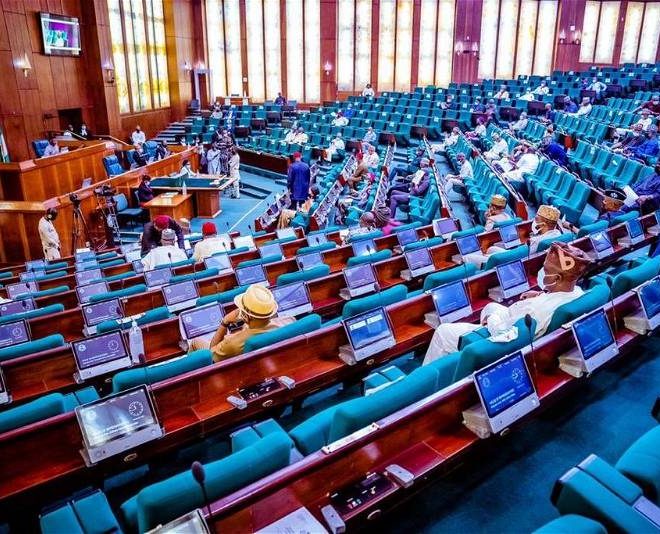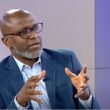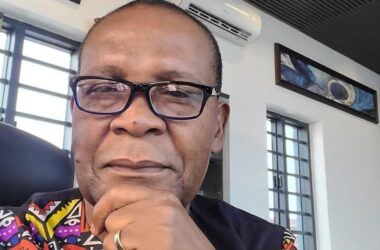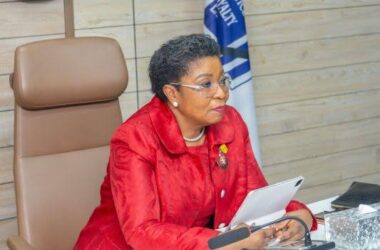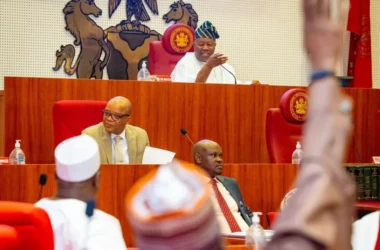The House of Representatives is facing criticism from political parties and analysts over a proposed bill that seeks to set an age limit of 60 years for individuals contesting for the office of the President and state governors.
The bill, which passed its second reading on Thursday, could prevent prominent figures such as President Bola Tinubu, former Vice President Atiku Abubakar, and Labour Party’s 2023 presidential candidate, Peter Obi, from participating in the 2027 elections. It was sponsored by Ikenga Ugochinyere, a lawmaker representing Ideato North/Ideato South Federal Constituency of Imo State.
The proposed amendment to the 1999 Constitution states that anyone seeking election as President or Governor must not be older than 60 years and must hold a university degree.
The bill provides that “A person shall be qualified for election to the office of the President if he has been educated up to at least university level and has earned a Bachelor’s degree in his chosen field of study.
“Section 131 of the Principal Act is amended by inserting a paragraph which reads, “That he is not more than 60 years at the time of vying for the Office of President.
“Section 177(d) of the principal Act is amended by altering the educational requirement that qualifies persons to be elected as governor as follows:
“A person shall be qualified for election to the Office of the President if he has been educated up to at least university level and has earned a Bachelor’s degree in his chosen field of study. That he is not more than 60 years old at the time of vying for the office of governor.
However, the bill has sparked widespread criticism from opposition parties, who argue that Nigeria’s governance problems are not age-related.
The Peoples Democratic Party (PDP) strongly opposed the bill, calling it a distraction from the country’s real issues. PDP Deputy National Youth Leader, Timothy Osadolor, criticized lawmakers for what he described as misplaced priorities.
He stated, “I believe and I am more convinced with this action of theirs, that this set of Senators and House of Representatives are the most unserious assembly we have ever had in the history of this country. The problem we have today is not of age or date of birth.
“The problem we have is that of incompetence and lack of capacity. The problem we have is that of corruption. So, instead of focusing on what the issues are, they are majoring on the minor and ‘minoring’ on the major things. It is a misnomer.
“We have seen in the likes of India, we have seen the guys running what we call Singapore currently. None of them is less than 60. And they’re making a fantastic effort to develop their countries. Age is not a factor. We saw it in America.’’
He further argued, “The truth is this: Age, for me, is not a factor. It’s not the issue. For me, I believe that even age comes with wisdom. So, age should not limit anybody. The lawmakers should focus on the major things and leave things like this so that they don’t appear to be embarrassing themselves, but they are really embarrassing themselves before Nigerians.”
Osadolor further stated that corruption and incompetence are Nigeria’s main governance issues. He argued that countries like India and Singapore are run by leaders over 60 years old, yet they have made significant progress.
Similarly, the Coalition of United Political Parties (CUPP) rejected the bill, stating that leadership is about competence, not age. CUPP’s National Publicity Secretary, Mark Adebayo, insisted that age limits will not improve governance, as even younger leaders in Nigeria’s past had failed to perform.
“Even if these individuals were in their thirties, they would still behave the same way—or even worse. It’s not about age; it’s about who they are—evil, opportunistic, corrupt, and incompetent,” Adebayo stated.
He pointed to former U.S. President Joe Biden and Singapore’s founding leader, Lee Kuan Yew, as examples of older leaders who performed well in office.
Meanwhile, the Social Democratic Party (SDP) took a more balanced stance. SDP’s National Publicity Secretary, Rufus Aiyenigba, acknowledged that age can play a role in governance but noted that leadership success depends on experience, values, and competence.
“Governance is a function of age in some sense. We have had very young people in leadership positions, from the military era to today. Some performed well, others did not. Age alone does not determine leadership success,” Aiyenigba said.
He also suggested that Nigeria should focus on assessing leadership qualities through mandatory live debates for presidential candidates. According to him, such debates would allow the public to evaluate candidates’ intelligence, vision, and ability to lead.





